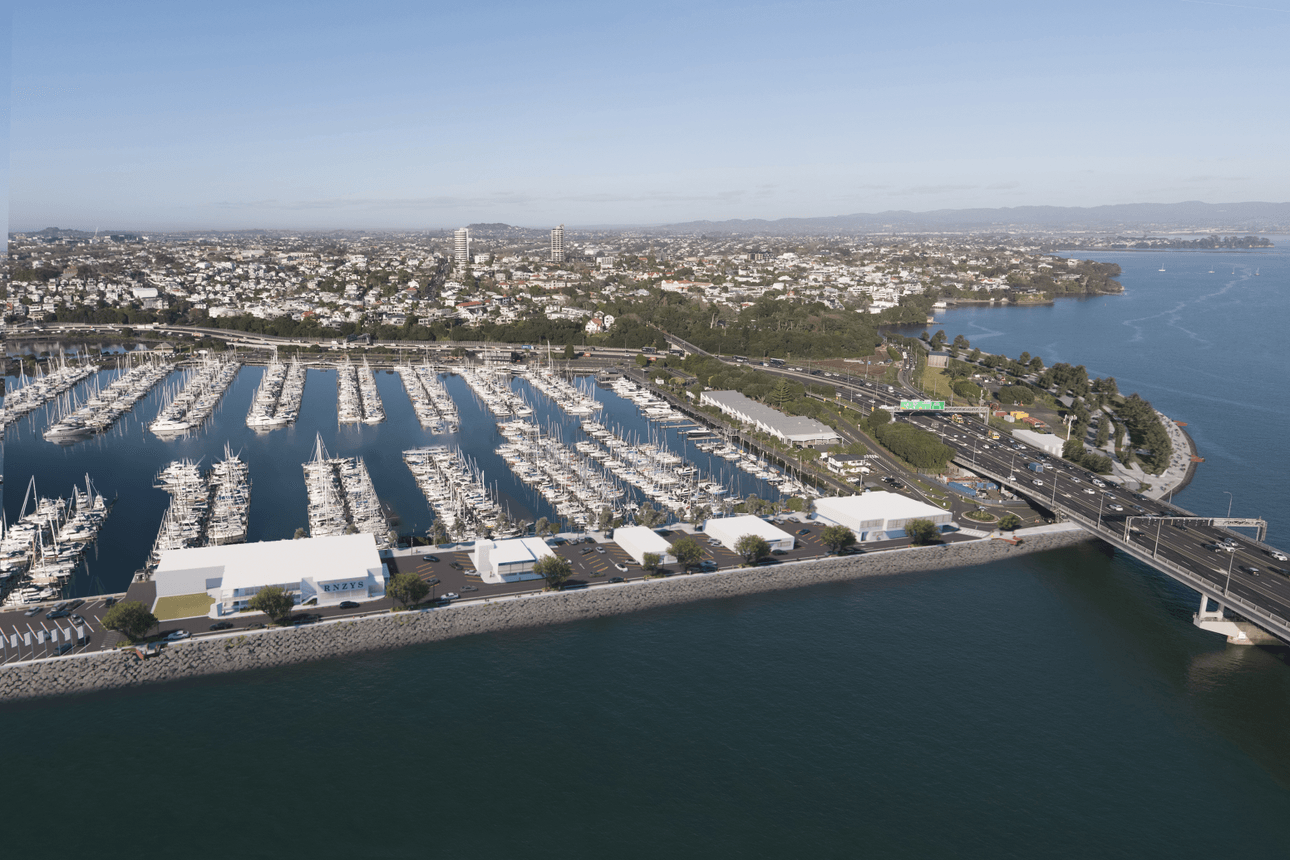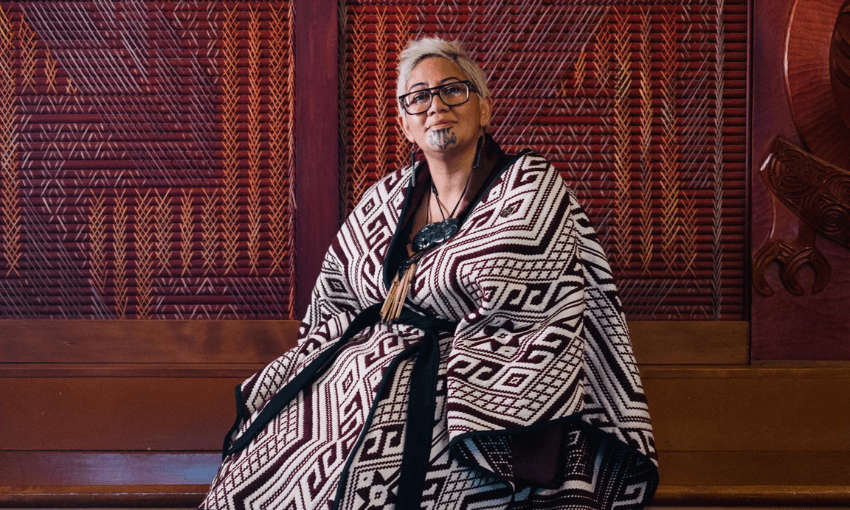Ngāti Whātua Ōrākei deputy chair Ngarimu Blair reflects on a hard-fought Environment Court battle, and what the ruling on Westhaven Marina really means for tangata whenua.
While there was major gratitude for the success of my iwi in the recent decision from the Environment Court regarding the Westhaven Marina, it was tinged with some sadness. Sadness the action needed to be taken, requiring significant cost and time to fight a process that challenged the very essence of my iwi – our status as tangata whenua of central Auckland.
But there was also immense sadness at the unnecessary conflict the Crown and council consultation and settlement process forces on my people, plus the devastation it has had on some formerly close and collegial relationships.
The judge asked me why I thought there was so much competition for our rohe. I responded that no one wanted it 100 years ago, but when iwi are forced to fight for the crumbs of the Treaty settlement process, this is what happens. However, it doesn’t need to be like this.
It is incredibly disappointing that court action was required again to confirm what almost everyone with passing knowledge of and connection to Tāmaki Makaurau knows – that my people, through devastating loss and harrowing adversity, has hard-earned our place as tangata whenua of central Auckland.
My people can look across from our marae in Ōrakei to the very development at the heart of this dispute – a dispute where Crown and council policy enabled an action that we had no option but to oppose. This is an ongoing reality for us.
The court decision resulted from action taken in response to resource consent obtained by Eke Panuku Development Auckland from the council to expand Westhaven Marina. Conditions required engagement with 19 listed mana whenua groups through a forum. Originally 19 Pou Whenua for each “mana whenua” were proposed, along with transferring the title of the reclaimed area to the Tāmaki Collective, not to ourselves.
Such council action challenges the immense sacrifices of my tūpuna, a challenge that says our centuries of hard-fought occupation, and the immense sacrifice and loss required for our people to keep our home fires burning here in central Tamaki Makaurau, meant nothing: That our kaumātua had no more authority to speak on the whenua at the heart of this dispute than those whose marae are more than 100km away.
The court acknowledged the connection of Ngāi Tuperiri of Ngāti Whātua ki Tāmaki to Westhaven through take raupatu, take tūpuna, take tuku whenua, and ahi kā – the pillars that uphold mana for all iwi and hapū across the motu.
“We are struck at just how little evidence there is of use and occupation by any of the [other] parties of the lands and waters around Westhaven over the past 200 or more years,” the decision said. The Marutuahu traditional expert explained that according to their tikanga, we have been keeping their fires warm for them on their behalf as they base themselves in the Hauraki-Thames district. A unique tikanga indeed.
The court’s decision came last Friday, on the same day we farewelled one of our own, Clay Hawke – a beloved stalwart of our iwi. His tangi was large and filled with aroha. It was there, among our grieving whānau, that our chair, Marama Royal, stood and read the court’s summary decision. Despite the sorrow that brought us together, a cheer rippled through the gathering. Not of triumph, but of affirmation. The decision was tika and pono – right and just.
It acknowledged the mana of our ancestors, the work of those who have preserved our tikanga, our knowledge of this whenua and waters, and the immense sacrifice of so many to uphold our place here. It acknowledged my cousin Clay who we had laid to rest.
For me, I hope this decision begins a change. A change that stops incentivising others to claim equal say with those who clearly are the tangata whenua of a rohe, those who have generations of knowledge to inform their understanding, and place as kaitiaki for their rohe.
The value of the whenua where my people live is both a blessing and a curse. No other iwi experiences the incursions and claims into their rohe like my iwi. However, the wealth and power of central Auckland has also allowed my people to regain some resources to help nurture and support our own, to try and undo some of the devastation and exclusion that colonisation unleashed on my iwi, as a consequence of being surrounded by Aotearoa’s largest city.
We will work with the council to undo and walk back their adversarial policy, and seek a return to the collegiality that existed with our neighbouring iwi prior to the settlement process for my iwi.
In some cases, this journey of reconnection, of rekindling whanaungatanga, has already begun. The deep adversity endured by Ngāti Whātua Ōrākei has honed our patience, our humility, our understanding of the need to fight as hard as we can, but also seek peace and reconnection with those who share our aspirations. We have our investment vehicle, Te Tomokanga ki Tāmaki, so others can access opportunities here through the front door. A number of iwi have already committed to our first development – a twin tower project in the CBD. There will be more for those willing to acknowledge us as the home people.
Thank you to the Environment Court, for bringing this sorry process to an end. Thank you to those among the 19 iwi who did acknowledge our status as tangata whenua. Thank you to my people for being so strong and supportive, it is our unity that is our greatest strength.
To our neighbouring iwi who we faced in court, let us begin the process of understanding and a return to the times of our past. As iwi Māori we have so much more that unites us, than stands us apart.



